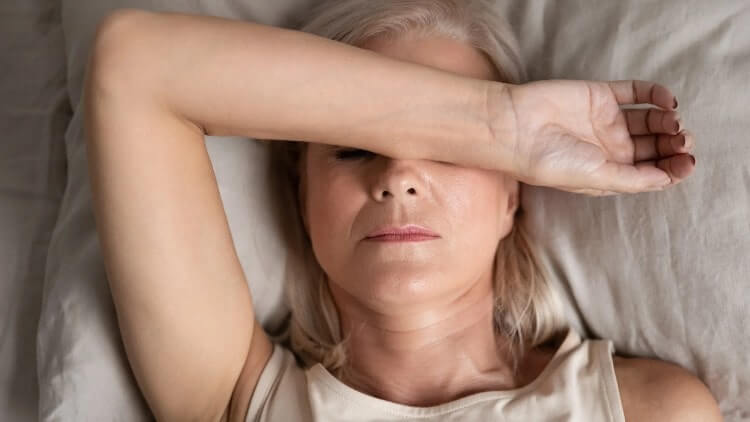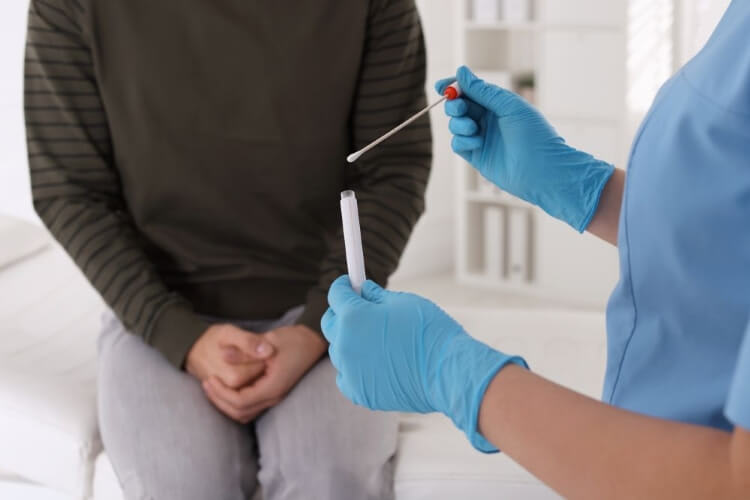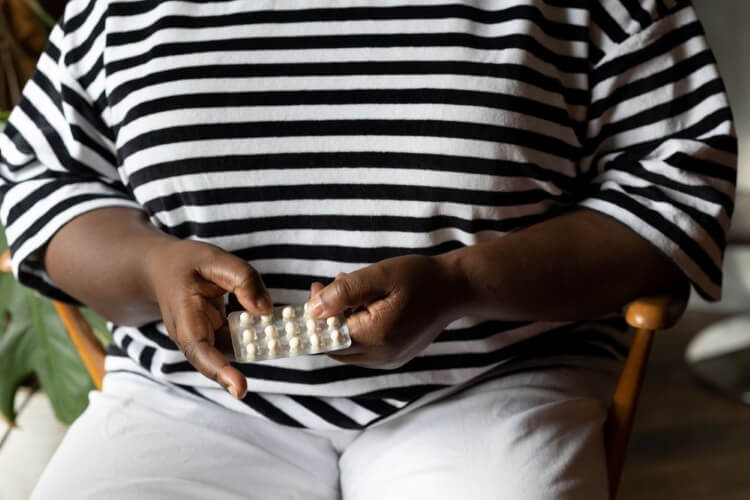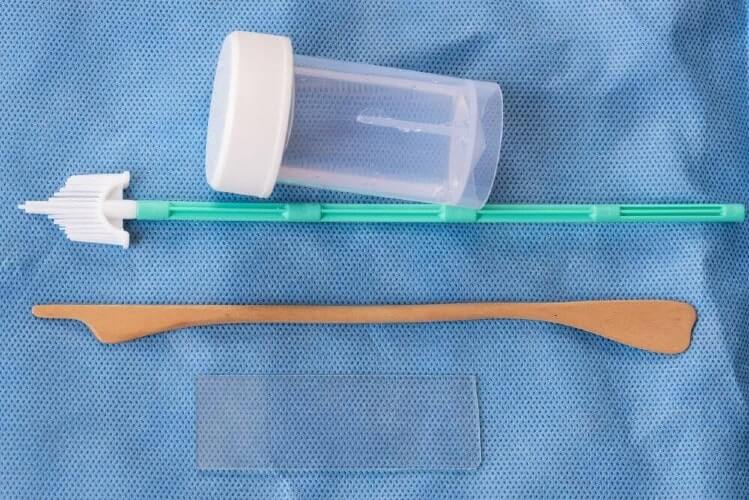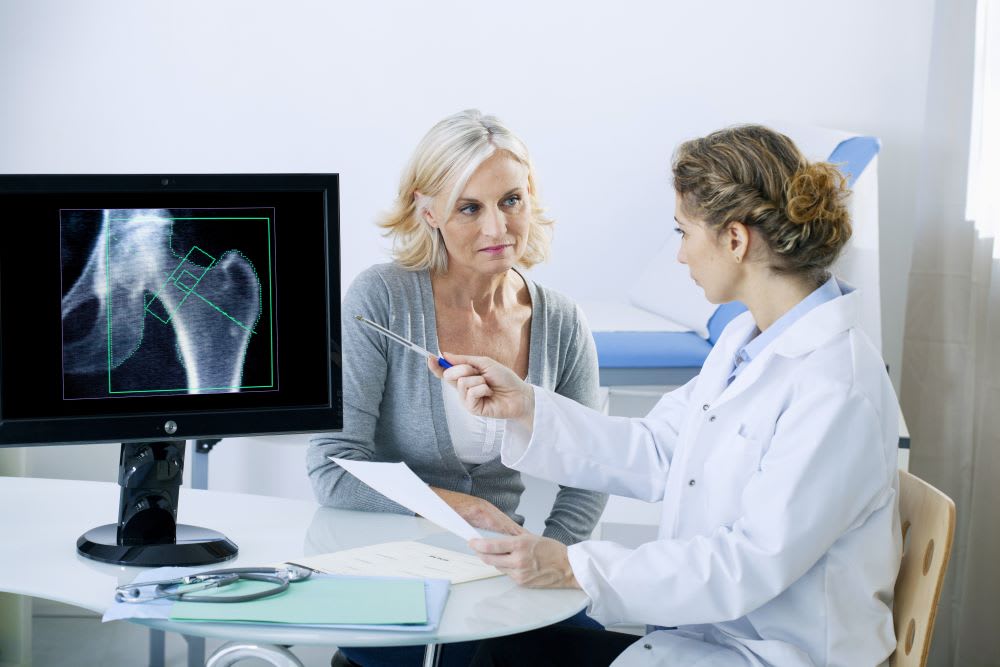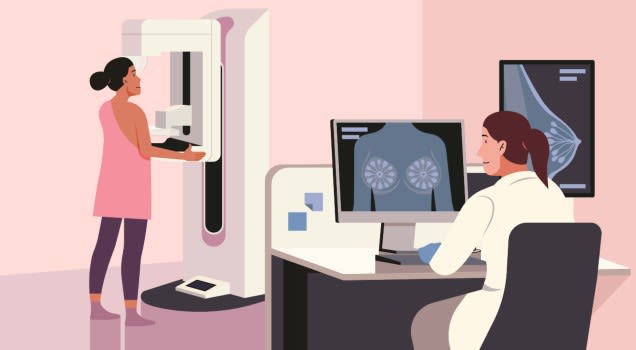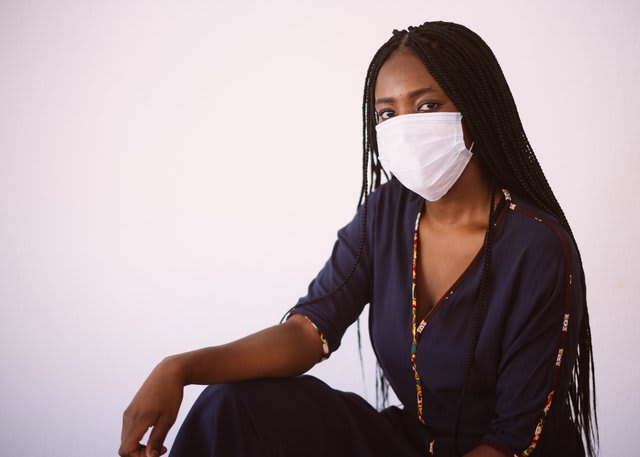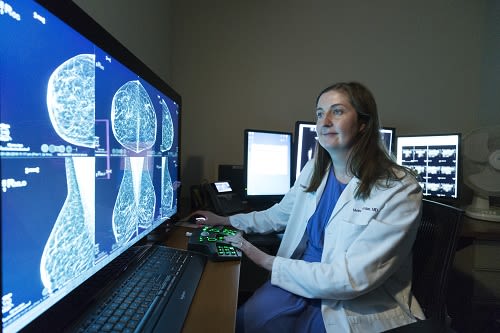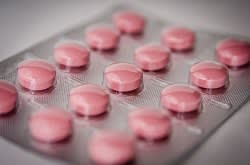By Siobhan Dolan, MD, MPH, MBA and Carol Fucigna, MD
Menopause for some women is a seamless journey, for others, it can be a rough ride.
All women go through menopause, but until recently, many found it difficult to talk about, despite questions or concerns about how its symptoms are affecting their life. There is no need to suffer through menopause because relief is available. The time has come to talk about it openly, honestly, and without shame.
There are many factors that can influence the timing of the onset of menopause including genetics, smoking, chronic illness and surgery. To get a glimpse into your genetics, you can consider the age at which your mother or grandmother stopped menstruating – you might reach menopause around the same age. The age at which you started menstruating, or your use of birth control pills or fertility medications, do not influence your age at menopause.
Perimenopause typically begins in a woman's mid-to-late 40s and can last three to five years or more. It is a time of great hormonal fluctuations which contribute to the variability of symptoms during this period of time. Your period might stop for nearly a year, return suddenly, and then, stop again.
Besides irregular periods, perimenopause and menopause may produce hot flashes, night sweats, weight gain, or reduced sex drive. Some women may experience depression, anxiety, vaginal dryness/itching, loss of vaginal elasticity, painful intercourse, breast pain, headaches/migraines, hair thinning/loss, skin changes, bone fragility, heart palpitations, or bladder incontinence.
Weight gain, specifically the redistribution of body fat to the waistline, along with loss of muscle and lean body mass, are some of women's main menopause-related complaints. Women also bemoan vasomotor symptoms – hot flashes and night sweats – and genitourinary symptoms such as vaginal dryness, itching, or sexual dysfunction.
The truth is that the increased risk of breast cancer is very small: Just eight more cases of breast cancer occured among 10,000 women who took estrogen and progesterone than would have occurred had they taken no hormone therapy. Moreover, out of 10,000 women who took estrogen alone, there were six fewer cases each of breast cancer and of hip fractures than would have occurred had they taken no hormones. So, although the relative risk of breast cancer was slightly increased, the absolute risk was still low.
ET use typically stops at ages 60 to 65, and long-term analysis of data from the WHI supports starting as close as possible to the beginning of menopause. However, there are no absolutes when it comes to ET use. There are lots of good data, which you should consider with guidance from your physician in deciding whether it is right for you.
You can start hormone therapy during perimenopause if your symptoms are severe. Keep in mind, however, that the dosage will be low, you may have irregular periods, and will need to continue using birth control.
Non-hormonal treatments may also help, such as dietary modifications including limiting certain foods that may act as “triggers” for symptoms. These foods will vary individually, but commonly include spicy foods and red wine. Herbal supplements, mostly those with black cohosh, may ease mild symptoms. You may also find relief through regular exercise, including strength training and yoga, as well as acupuncture, meditation, cognitive behavioral therapy, hypnosis, or antidepressant medication. To ease painful sex, try natural lubricants like coconut or olive oil, or over-the-counter K-Y® products.
There are also recently FDA-approved non-hormonal medications on the market that act on the thermoregulatory centers of our brain to improve hot flashes and night sweats. Veozah is the most recently approved non-hormonal treatment for vasomotor symptoms.
At the end of the day, there is no single solution for treating the symptoms of menopause and you should discuss your signs and symptoms with your doctor and what's right for you. You must weigh your personal health risks, values, experiences, concerns, and family history against your symptoms. Through shared decision making, you can decide the healthiest way to experience menopause while maintaining your quality of life.
Menopause for some women is a seamless journey, for others, it can be a rough ride.
All women go through menopause, but until recently, many found it difficult to talk about, despite questions or concerns about how its symptoms are affecting their life. There is no need to suffer through menopause because relief is available. The time has come to talk about it openly, honestly, and without shame.
What is menopause?
Menopause is a natural part of every woman's life and is defined by not having a menstrual period for 12 consecutive months. It can occur anytime between ages 40 and 60, although the average age is 51 years, and most women will reach menopause by age 55.There are many factors that can influence the timing of the onset of menopause including genetics, smoking, chronic illness and surgery. To get a glimpse into your genetics, you can consider the age at which your mother or grandmother stopped menstruating – you might reach menopause around the same age. The age at which you started menstruating, or your use of birth control pills or fertility medications, do not influence your age at menopause.
What is perimenopause?
The transition to menopause is referred to as perimenopause. This occurs when menstrual cycles become irregular (early perimenopause) or stop for two to 12 months at a time (late perimenopause).Perimenopause typically begins in a woman's mid-to-late 40s and can last three to five years or more. It is a time of great hormonal fluctuations which contribute to the variability of symptoms during this period of time. Your period might stop for nearly a year, return suddenly, and then, stop again.
Symptoms of perimenopause and menopause:
Both perimenopause and menopause result from declining levels of estrogen. Every woman is born with the total number of eggs (about 1-2 million) that she'll have in her lifetime. As she loses her eggs (by age 30, she has only 25,000), her estrogen levels decline. This estrogen loss leads to the symptoms of perimenopause and menopause.Besides irregular periods, perimenopause and menopause may produce hot flashes, night sweats, weight gain, or reduced sex drive. Some women may experience depression, anxiety, vaginal dryness/itching, loss of vaginal elasticity, painful intercourse, breast pain, headaches/migraines, hair thinning/loss, skin changes, bone fragility, heart palpitations, or bladder incontinence.
Weight gain, specifically the redistribution of body fat to the waistline, along with loss of muscle and lean body mass, are some of women's main menopause-related complaints. Women also bemoan vasomotor symptoms – hot flashes and night sweats – and genitourinary symptoms such as vaginal dryness, itching, or sexual dysfunction.
What treatments are available for menopause or perimenopause symptoms?
For many symptomatic women, estrogen therapy (ET) is the treatment of choice for vasomotor (hot flashes) and genitourinary symptoms (vaginal symptoms like dryness or burning), as well as prevention of bone loss and fracture reduction. Yet, ET has been demonized since 2002, when a national study called the Women's Health Initiative (WHI) revealed a slightly increased risk of breast cancer in women who used it. The finding dramatically halted the study, which then inspired a New York Times Magazine article that linked ET and breast cancer. This article spawned the misleading image of ET that has led to much confusion and fear.The truth is that the increased risk of breast cancer is very small: Just eight more cases of breast cancer occured among 10,000 women who took estrogen and progesterone than would have occurred had they taken no hormone therapy. Moreover, out of 10,000 women who took estrogen alone, there were six fewer cases each of breast cancer and of hip fractures than would have occurred had they taken no hormones. So, although the relative risk of breast cancer was slightly increased, the absolute risk was still low.
Who can benefit from ET?
The WHI found that short-term use (four years or less) of estrogen and progesterone does not significantly increase breast cancer risk, while estrogen alone may significantly decrease risk. In 2022, the North American Menopause Society stated that, “for most healthy symptomatic women who are younger than 60 and within 10 years of menopause onset, the benefits of hormone replacement therapy outweigh the risks.”ET use typically stops at ages 60 to 65, and long-term analysis of data from the WHI supports starting as close as possible to the beginning of menopause. However, there are no absolutes when it comes to ET use. There are lots of good data, which you should consider with guidance from your physician in deciding whether it is right for you.
You can start hormone therapy during perimenopause if your symptoms are severe. Keep in mind, however, that the dosage will be low, you may have irregular periods, and will need to continue using birth control.
Who shouldn't use ET?
Although ET relieves the most common symptoms of menopause, it is not for everyone. For example, it is generally not advised for women who have or have had: a personal history or high risk of breast or endometrial cancer; unexplained abnormal vaginal bleeding; active stroke; pulmonary embolism not provoked by surgery; heart attack; acute liver disease; diabetes; high cholesterol; active gallbladder disease; hypoparathyroidism; certain benign brain tumors; or, migraine headaches with aura.Alternative treatments for perimenopause and menopause
If you cannot take ET, then vaginal estrogen cream can help with vaginal dryness, discomfort during sex and mild urinary symptoms. The amount of estrogen absorbed vaginally is minimal, and it doesn't pose the same risk for breast cancer or blood clots as systemic estrogen.Non-hormonal treatments may also help, such as dietary modifications including limiting certain foods that may act as “triggers” for symptoms. These foods will vary individually, but commonly include spicy foods and red wine. Herbal supplements, mostly those with black cohosh, may ease mild symptoms. You may also find relief through regular exercise, including strength training and yoga, as well as acupuncture, meditation, cognitive behavioral therapy, hypnosis, or antidepressant medication. To ease painful sex, try natural lubricants like coconut or olive oil, or over-the-counter K-Y® products.
There are also recently FDA-approved non-hormonal medications on the market that act on the thermoregulatory centers of our brain to improve hot flashes and night sweats. Veozah is the most recently approved non-hormonal treatment for vasomotor symptoms.
At the end of the day, there is no single solution for treating the symptoms of menopause and you should discuss your signs and symptoms with your doctor and what's right for you. You must weigh your personal health risks, values, experiences, concerns, and family history against your symptoms. Through shared decision making, you can decide the healthiest way to experience menopause while maintaining your quality of life.
Learn more about gynecological care at Stamford Health.
Featured Expert/ Author


